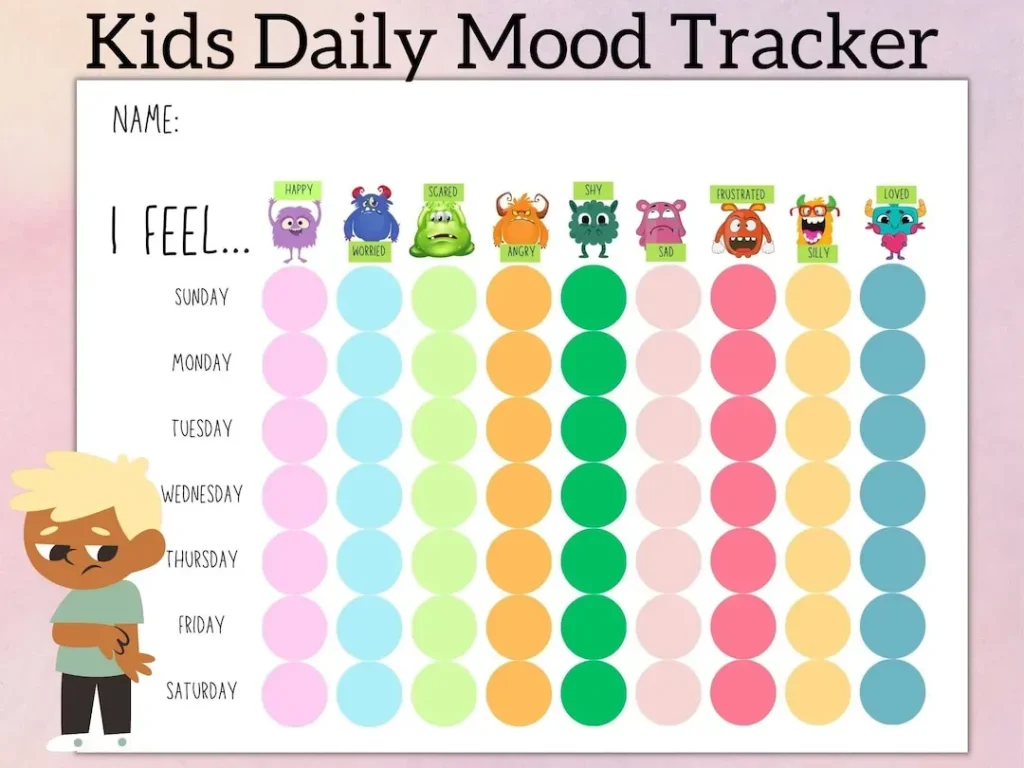Choose the Right Games for Mood and Schedule is a practical way to pick a title that fits both how you feel and how much time you have. Rather than chasing popularity, aim for games for mood that match your current energy, whether you want cozy games for relaxation or something quick for a busy moment. Thinking in terms of a timeline helps too, so consider ‘choose games by mood’ and ‘games by schedule’ to align playtime with energy. Even short games for busy schedules can feel rewarding when you pair mood with a compact option. With this introductory framework, you’ll waste less time and choose experiences that match both how you feel and how long you can play.
Viewed through a different lens, the idea becomes mood-driven selection and time-window planning, where titles are matched to your emotional state and the length of your play block. A practical approach uses terms like energy level, pace, and social needs to guide recommendations, emphasizing bite-sized rounds for tight schedules and deeper experiences when time allows. By reframing the concept with synonyms such as mood-aligned choices, time-aware picks, and accessible play, you surface related games without repeating the same keywords. This LSI-inspired framing helps you discover related concepts such as short experiences for quick resets or immersive journeys for longer sessions, all aligned with your day.
Choose the Right Games for Mood and Schedule: Align Mood with Playtime for Better Satisfaction
Choosing the right game starts with mood recognition. When you know your mood, you can select games for mood that align with how you feel and the time you have. The idea is to choose games by mood, then verify the fit with your schedule. Cozy games for relaxation exemplify the relaxed mood—low-stakes play, warm aesthetics, forgiving rules—perfect after work. For tight schedules, turn to short games for busy schedules, bite-sized experiences you can finish in a single session.
Next, map your time to game length. Short sessions (10-15 minutes) work best for testing mood and maintaining momentum; mid-length sessions (30-60 minutes) let you progress; long sessions (90+ minutes) reward immersion when time allows. Use a simple three-step approach: assess mood, check available time, pick a category. This ‘choose games by mood’ and ‘games by schedule’ framework helps you start quicker, waste less time, and feel more in control of your gaming day.
From Mood to Moment: A Practical Framework for Gaming by Mood and Schedule
To operationalize mood categories, build a quick palette: relaxed maps to cozy games for relaxation and casual play; focused maps to strategy, puzzle, or simulation games; social maps to cooperative or party games; energetic maps to action, racing, or rhythm games; curious maps to exploration and narrative adventures. Each category taps into the broader concept of games for mood while keeping the door open to crossing over as play modes shift. When you know the mood, you can apply the recommended session lengths that fit your day—short games for busy schedules or longer blocks when you crave immersion.
Practical quick-change tactics help you stay flexible without decision fatigue: pre-select a micro-queue of 2-3 mood-appropriate titles, build a mood playlist from recent favorites, and use a gentle timer to cap sessions. Pair these with platform and accessibility considerations to ensure you can start quickly, even on a tired or busy day. With this framework, the habit of choosing the right games for mood and schedule becomes second nature, supporting consistent, satisfying play.
Frequently Asked Questions
How can I choose games by mood to fit a 15-minute break with short games for busy schedules?
To choose games by mood for a 15‑minute break, start with a quick mood check (calm, stressed, energized). Then confirm the time you have and select from short games for busy schedules. For busy breaks, favor cozy games for relaxation or bite-sized puzzles and party rounds that fit in a brief window. Build a micro-queue of 2–3 games and use a timer to end the session. This mood‑first approach—aligning mood with available time—helps you choose the right game quickly and maximize satisfaction.
What framework helps me choose the right games for mood and schedule, using games for mood and cozy games for relaxation as anchors?
A simple three‑step framework: 1) Assess mood: energized, calm, stressed, social, curious. 2) Check time: how much gaming time is available. 3) Pick a category based on mood and time: for quick resets, use short games for busy schedules; for unwinding, try cozy games for relaxation; for focus, pick puzzle or strategy titles; for social moments, choose cooperative games. Maintain a short mood playlist or preselected mood queue so you can pick instantly, and use a timer to cap sessions. This approach keeps your choices aligned with mood and schedule and leverages the idea of games for mood.
| Aspect | Key Points |
|---|---|
| Purpose | Align mood, time, and gaming outcome; move away from unsuitable sessions and maximize satisfaction. |
| Mood–Schedule Link | Mood influences experience; available time shapes what fits best; three variables to balance: current mood, time, and desired gaming outcome. |
| Mood Categories | Relaxed (cozy/casual), Focused (strategy/puzzles), Social (co-op/party), Energetic (action/rhythm), Curious (adventure); titles can cover multiple moods. |
| Session Lengths | Short (10–15 min): bite-sized; Mid-length (30–60 min): steady progress; Long (90+ min): immersive or group play. |
| Framework | Assess mood → Check time → Pick a category (short/mid/long) that matches the desired outcome (relax, focus, socialize, or immerse). |
| Quick-Change Tactics | Pre-select a micro-queue, build a mood playlist, and use a timer to cap sessions and maintain momentum. |
| Accessibility & Convenience | Consider accessibility, platform compatibility, and cross-save/cross-play to reduce friction. |
| Putting It All Together | Make mood-aware choices a habit; use a simple north star to guide decisions and align play with mood and schedule. |

